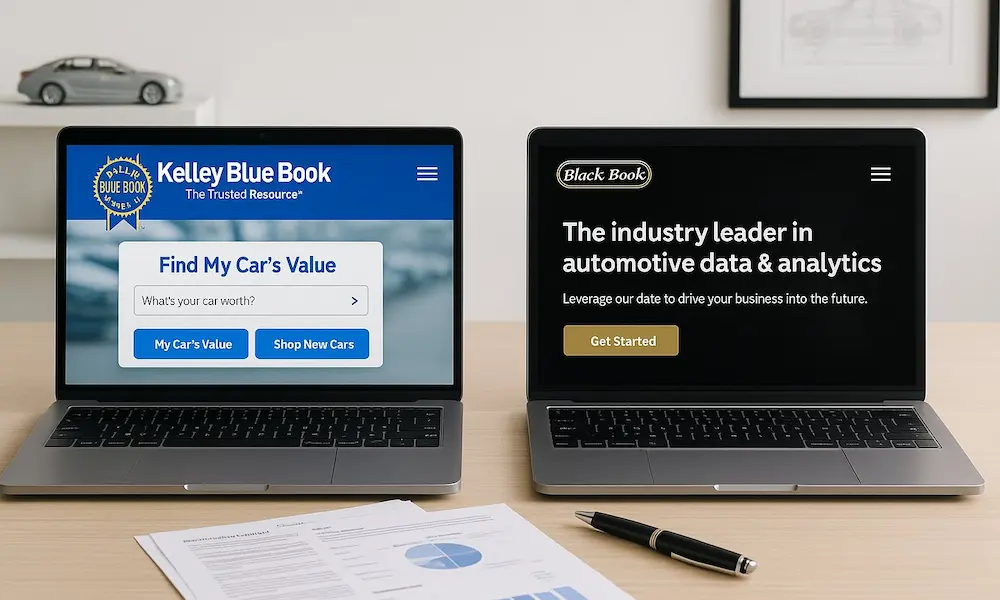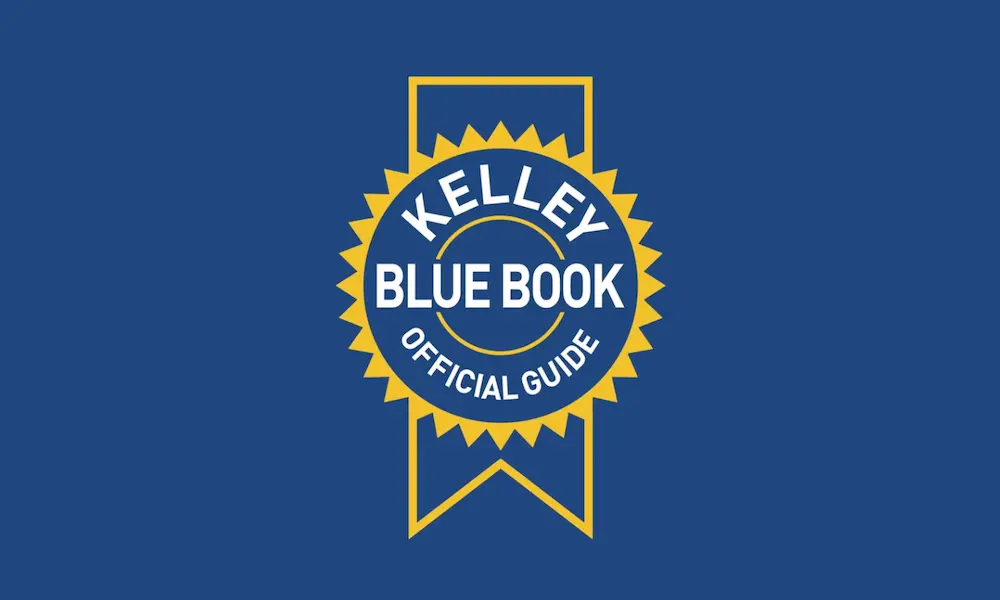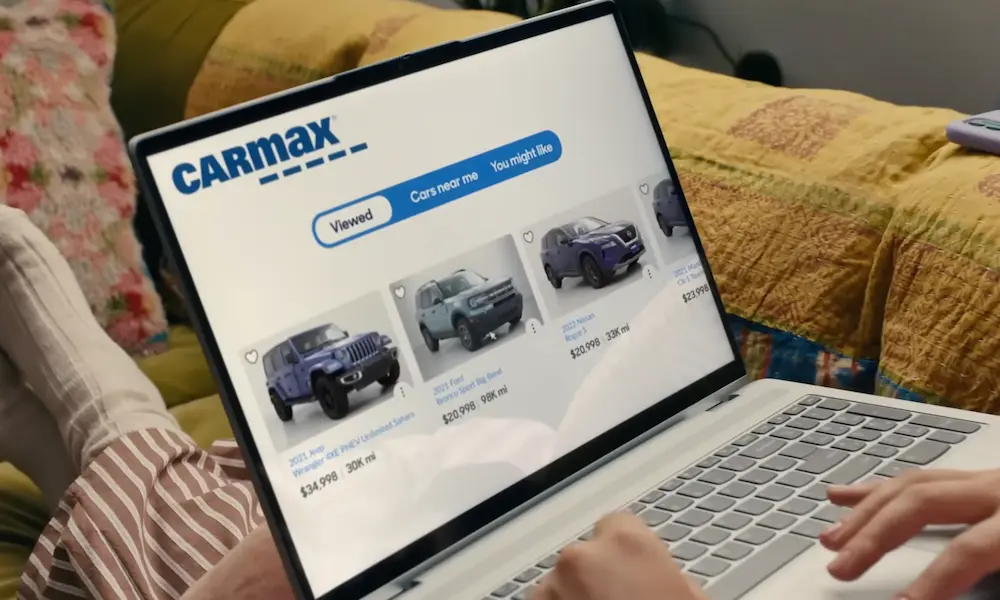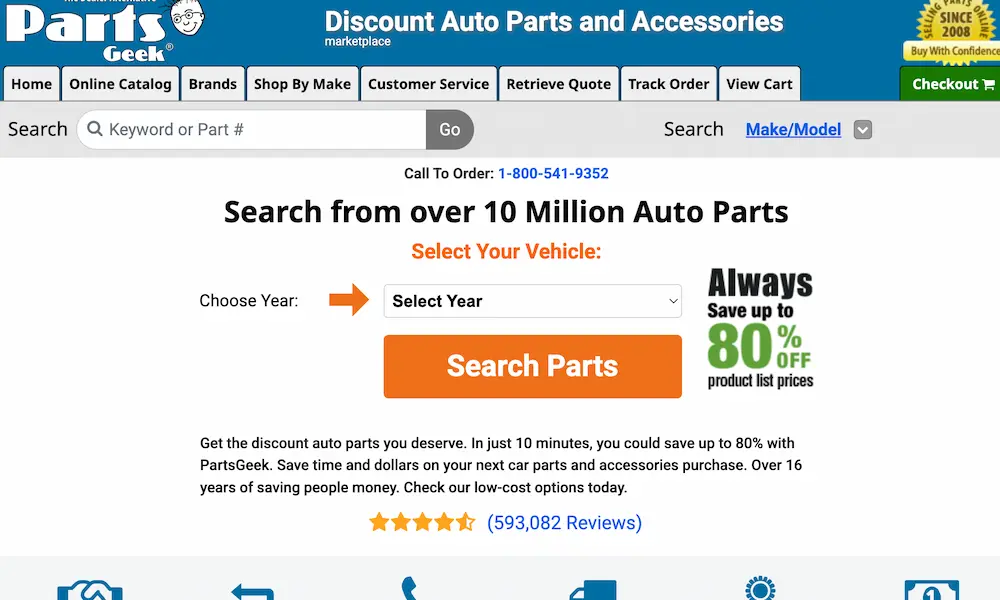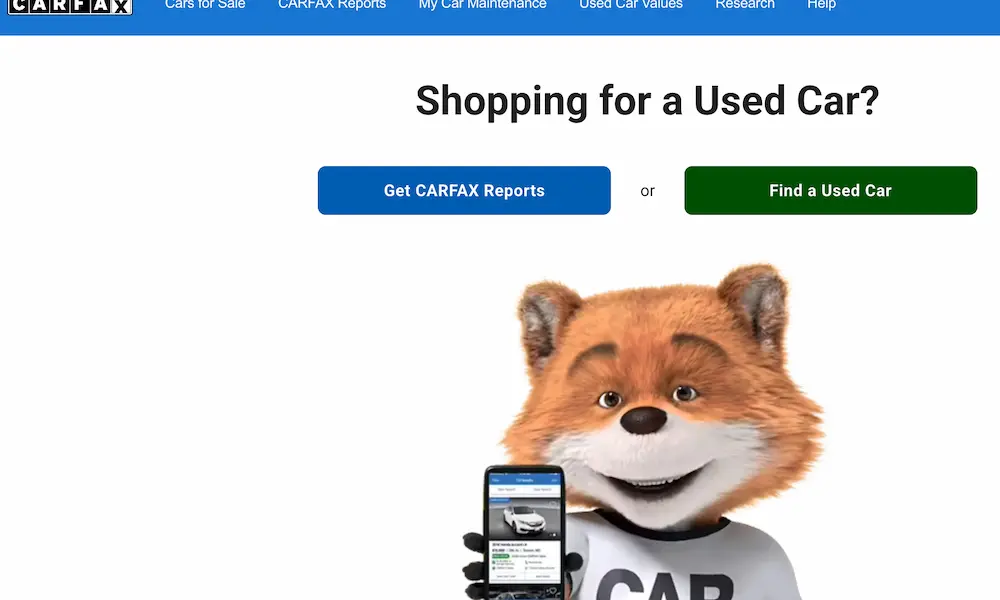Dreaming of hitting the open road in Texas with your new car? It all starts with understanding what you need to make that purchase smooth and stress-free. You’ll need certain documents, fees, and maybe some guidance from the Texas Department of Motor Vehicles. Documents needed include a title transfer, registration, and proof of insurance. Stick with us to see how straightforward the process can be!
Understanding Car Ownership in Texas
Owning a car in Texas means you need essential paperwork, like the vehicle title, and a good grasp of the vehicle’s history. Ensuring a thorough check of the Vehicle Identification Number (VIN) can save you from future troubles.
Vehicle Title Essentials
When you buy a car in Texas, obtaining the vehicle title is crucial. The title shows legal ownership and is required to register the car with the state. If you’re purchasing from a dealer, they usually handle the paperwork for you. However, if buying from a private seller, you need to ensure the title is transferred to your name at your local county tax office.
Make sure the title is clear of liens, which are claims from creditors. If there’s a lien, it must be settled before the title is fully yours. You may also need a bill of sale, which serves as proof of the transaction value and terms. Remember, having the correct title is necessary for registration, so don’t skip this step.
VIN and Vehicle History
The Vehicle Identification Number (VIN) is like a car’s fingerprint. It is unique to every vehicle and provides important information such as manufacturer and model details. Checking the VIN helps confirm the car’s identity and can be done through various services that offer history reports.
A vehicle history report reveals past issues like accidents, previous ownerships, and any reported thefts. This report can alert you to possible hidden problems with the car. Checking the VIN against a trusted service ensures you’re aware of what you’re buying, helping you avoid potential future issues. Keeping this knowledge in mind will lead you to a smart purchase.
The Buying Process
When you’re buying a car in Texas, knowing the differences between purchasing from a dealership or a private seller can help you make the best decision. Understanding these options is crucial, especially when comparing new and used cars.
Purchasing From a Dealership
When you buy a car from a dealership, you’ll likely find a more formal process. You’ll need a valid driver’s license and proof of insurance to complete the purchase. Dealerships often handle paperwork like the Application for Texas Certificate of Title, making it easier for you.
One advantage is the ability to finance the car directly through the dealership. They often have service agreements and warranties for new and used cars. You might have more car options and can negotiate extras, such as free maintenance or upgrades.
Being aware of the fees involved is important. These could include registration, title transfer, and inspection fees. Don’t forget to also budget for car insurance.
Buying From a Private Seller
When buying from a private seller, the process can be more personal and less structured. You’ll need to ensure that the seller provides the car title and a bill of sale. It’s your responsibility to handle the title transfer and registration with the DMV.
A key benefit is potentially lower prices as private sellers don’t have overhead costs like dealerships. However, be cautious regarding the car’s condition, as it might not come with a warranty or any service guarantees. Always ask for maintenance records and, if possible, have the car inspected by a professional.
Make sure to also verify the car is not under any liens. You can check this by reviewing the title and using services that offer car history reports.
New Vs. Used Cars
Deciding between a new and used car involves weighing benefits like cost, warranty, and depreciation. New cars come with warranties and the latest features, but they depreciate faster.
Used cars are typically cheaper and may offer better value. Ensure you check for any warranty left on the used car or consider purchasing a certified pre-owned vehicle, which often includes limited warranties.
Whether new or used, consider how the choice affects your needs, budget, and the long-term costs involved in maintaining the vehicle.
Legal Requirements for Car Purchase
When buying a car in Texas, you need to prepare for title transfer, registration, payment of sales tax and local fees, proof of insurance, and any necessary affidavits or special cases. These elements are crucial to ensure you meet all state regulations and avoid any legal issues.
Title Transfer and Registration
To buy a car, you must handle the title transfer and vehicle registration. The seller should sign the back of the car title, and you should fill out any additional required sections. Next, you need the Application for Texas Certificate of Title (Form 130-U). You can get this form from your local county tax office.
Registering the vehicle involves paying a registration fee, which is typically $51.75, but can vary by county. You will also receive new license plates, or if preferred, you can transfer existing ones. The title fee also depends on your county.
Sales Tax and Local Fees
When purchasing a car, you’ll need to pay sales tax, which is 6.25% of the purchase price. Some counties might also charge additional local fees. It’s smart to check with your local tax office to see what extra fees might apply in your area.
These local fees can include charges for road and bridge improvement or specific county needs. Prepare your budget accordingly to avoid unexpected expenses at the time of registration.
Proof of Insurance
Before you can register your new car, you must have proof of insurance. In Texas, you are required to carry liability insurance. This ensures that if you’re involved in an accident, you can cover the costs of property damage and bodily injuries.
You’ll need to present an active insurance card when registering the vehicle. Make sure your insurance covers at least the minimum state requirements, which include $30,000 per injured person, $60,000 per accident, and $25,000 for property damage.
Affidavit and Special Cases
In some situations, an Affidavit of Heirship for a Motor Vehicle might be needed. This can happen if the car’s previous owner has passed away and there wasn’t a will. The affidavit helps transfer the title to the rightful heir.
If you’re buying from a private party, ensure all paperwork is complete and correct. For any special cases like inherited vehicles or those coming from out of state, additional documentation might be necessary. Always verify the requirements with your county tax office to prevent complications.
Inspections and Fees
When buying a car in Texas, understanding the inspection requirements and fees is important. You’ll need to be aware of the state’s mandatory inspection laws and ensure your vehicle meets odometer and safety standards.
Mandatory State Inspection
In Texas, all cars must undergo a vehicle inspection before they can hit the road. This inspection ensures your car meets safety and emissions standards. While inspections for non-commercial vehicles will no longer be necessary starting January 1, 2025, a $7.50 fee will replace the inspection requirement. This fee is added during vehicle registration.
This process requires valid insurance and sometimes includes emissions testing. The fee for the state inspection can vary depending on your county and the specific tests required. Check with your local inspection station to learn what’s necessary for your area. You’ll receive a Vehicle Inspection Report (VIR) once your vehicle passes. Keep this document, as it proves your car has met state requirements.
Odometer and Safety Checks
When buying a car, an odometer reading is crucial. It helps you understand the vehicle’s mileage and overall condition. Make sure the odometer has not been tampered with, as accurate readings can impact your vehicle’s value and safety.
Texas also requires a safety inspection. This includes checks on brakes, steering, and seat belts to verify they’re functioning well. These inspections guarantee your car is roadworthy and minimizes risks of breakdowns. Keep in mind that your car must pass both odometer and safety checks to complete the sale and registration process smoothly.
Post-Purchase Procedures
After buying a car in Texas, there are a couple of essential steps to take. You need to register the vehicle and ensure it is properly insured. This helps you comply with state laws and protects you in case of accidents or other issues.
Registering Your Vehicle
First, you have to register your vehicle with the Texas Department of Motor Vehicles (TxDMV). This process includes applying for a Texas title and registration. You need to visit your local county tax office within 30 days of purchase to get this done. Bring the signed title, a completed Application for Texas Title and/or Registration, and proof of sales tax paid.
Documentation like the Vehicle Inspection Report and proof of insurance is also required. Fees vary depending on the county and your vehicle type. Once registered, you’ll receive plates and a registration sticker, which must be placed on your car.
Insurance and Liability
Having auto insurance is mandatory in Texas. Before you hit the road, ensure your car is insured. Texas requires a minimum liability coverage to cover damages or injuries you might cause in an accident. The basic limits are $30,000 per person for bodily injury, up to $60,000 per accident, and $25,000 for property damage.
Shop around for the best policies and consider your personal needs. Additional coverage like collision and comprehensive insurance is optional but recommended for extra protection. Keep your insurance proof in the car at all times, as it’s required during registration and can be crucial if you’re ever stopped by law enforcement.
Special Considerations
When buying a car in Texas, you’ll want to be aware of some specific aspects like electric and salvage cars and the Texas Lemon Law. These can impact your purchasing decision and future experiences with the car.
Electric and Salvage Cars
If you’re thinking about buying an electric vehicle in Texas, consider the charging infrastructure. Texas has a growing network of charging stations, but availability may vary based on your location. Tax incentives might be available for electric cars, making them a more appealing option financially.
For salvage vehicles, be cautious. A car with a salvage title means it has been declared a total loss by an insurance company. While these cars can be cheaper, they may have been significantly damaged, requiring repairs. Before buying, ensure a thorough inspection is done to understand the extent of needed repairs. Keep in mind that insuring salvage cars might be more difficult or costly.
Texas Lemon Law and Manufacturer Buyback
The Texas Lemon Law offers protection if your new vehicle repeatedly fails to meet quality standards. If you bought a vehicle with substantial defects that aren’t fixed after multiple attempts, you might be eligible for a refund or replacement. Note that this typically applies to new vehicles.
If a car is considered a “lemon,” you might hear about a manufacturer buyback. This means the manufacturer takes back the faulty car. Be aware that if you buy such a vehicle, it should have a label indicating its buyback status, informing you of its history. It’s crucial to understand your rights under this law by checking the information on the Texas Lemon Law page.


